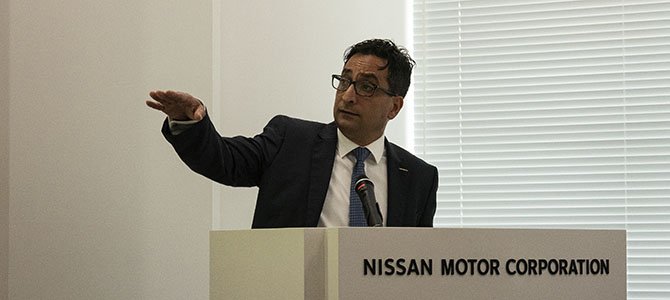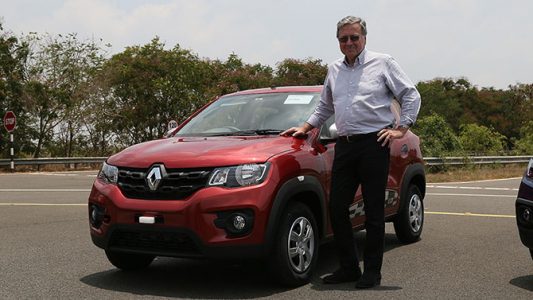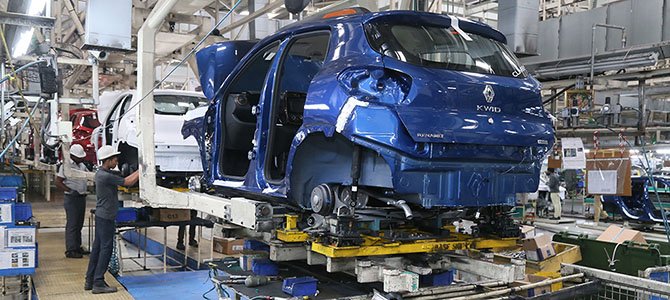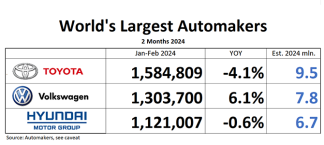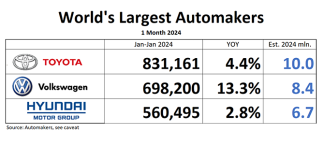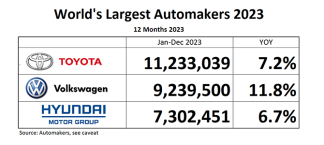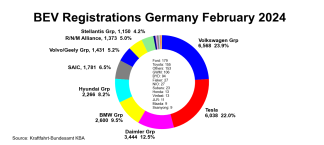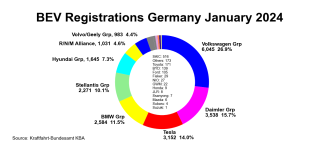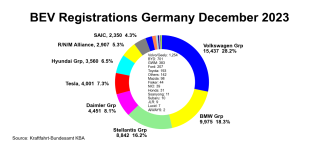The Renault-Nissan-Mitsubishi Alliance is developing a new platform at its Chennai, India, engineering center, a Nissan senior executive disclosed today in Yokohama Japan. In presenting his mid-term plan for the region, Peyman Kargar, responsible for Nissan’s Africa Middle East and India region, said “what’s under development now is a little higher than the current platform we are using for Redi Go and Kwid.” Kargar refused to “disclose more at the moment,” and Nissan spokespeople likewise maintained cover.
Renault’s very successful $4,000 Kwid, and its Datsun cousin Redi-Go, are built upon the Alliance’s CMF-A common modular family architecture. (See here for an article I wrote years ago about the platform.)
When I visited the Chennai plant last year, the Kwid’s father, Gerard Detourbet, received the go-ahead for a follow-on project, something that is slightly larger and better appointed that the current frugal Kwid and Redi-Go models, Detourbet said.
The Chennai plant can use the extra business. Only half of Chennai’s annual capacity of slightly less than half a million units (if the plant is run at 3 shifts) is currently in use, Kargar said. Nissan is planning for a number of new Datsun models, “and we are trying to put the majority of Datsun models on the same strong new platform,” Kargar said. The new platform will also be used by Alliance partners Renault, and possibly Mitsubishi.
With the North American market cooling down, all three Alliance partners are betting heavily (and wisely) on the emerging markets. One of these markets is Pakistan, which Nissan recently re-entered after years of absence. For automakers equipped with the necessary gumption, Pakistan is an interesting region. With more than 200 million people, Pakistan is the world’s 6th populous nation. With a per capita GDP of $5,100, Pakistani command more than three times the ready cash than their Indian neighbors. And yet, the car density stands at a paltry 18 cars per 1,000 people. Pakistan’s car market is firmly in Japanese hands, with Suzuki, Toyota, and Honda monopolizing the market. Japanese automakers also have their eyes set on Africa, the world’s last untapped market. Affordably priced entry models are key to that strategy.
